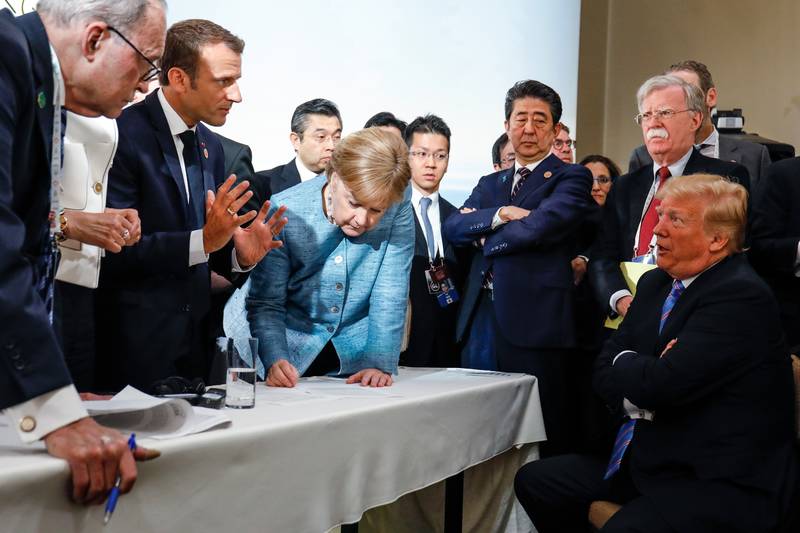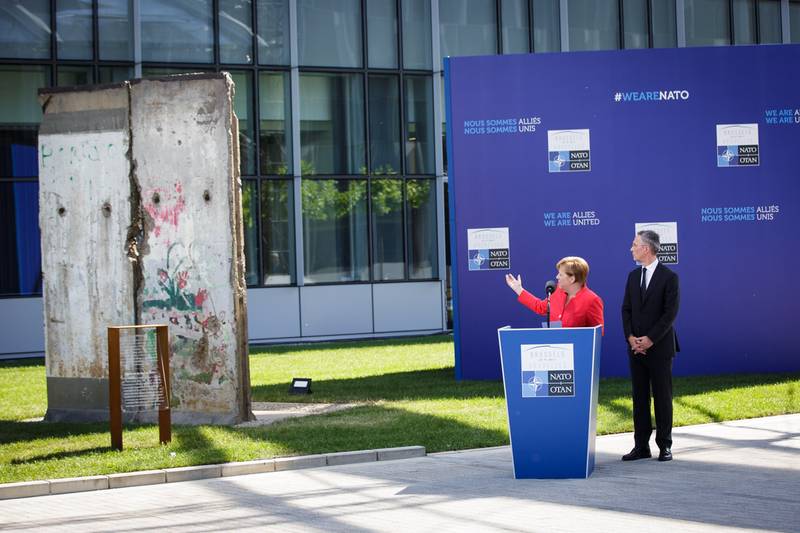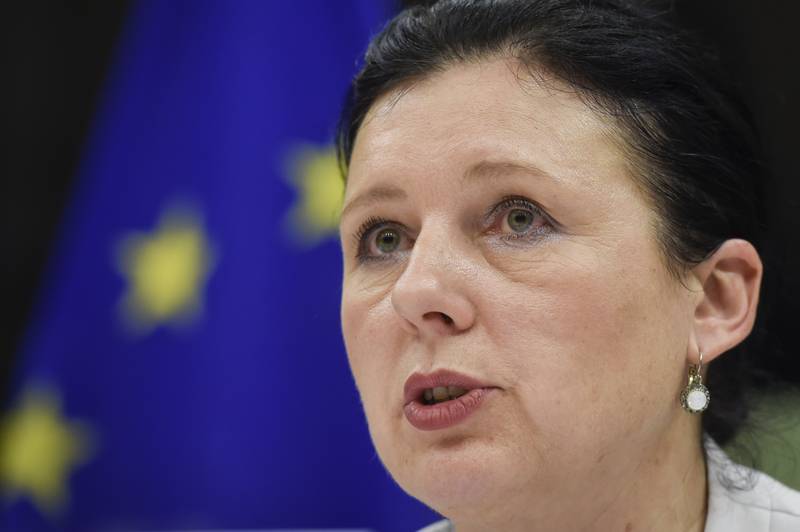Where is Europe in NATO?
Adelina Marini, December 3, 2005
The conversations about the Transatlantic relations gradually transform into a discussion about to what extent Europe is an equal partner in these relations and what its weaknessея are due to. So far we talked about NATO's problems but also about the Transatlantic relations as a whole, where it seems that the North Atlantic Alliance has a special, let's call it balancing, role because this is the place where Europe and the US are equal partners. Outside this organisation things are much more different.
As it became clear from our previous meetings, in Washington our basic conversations were with representatives of various think-tanks and research centres because they indeed have a significant influence on American politics, separately from the fact that they can always be asked a question that can rarely be frankly answered by a politician or a statesman, aside from the traditional answers about the position of the state.
In the Brookings Institution we spoke to Jeremy Shapiro, a research director to the Centre for the US and Europe, a partner in the foreign policy research. He is a specialist in civil-military relations, Europe, France, military operations, national security, Transatlantic diplomacy. In other words, the right guy for such a conversation. He presented Europe's situation in Transatlantic relations in a slightly different angle.
Maybe it was my meeting with Jeremy Shapiro that made me think deeper about the role of the United States, of Europe and the events to which our generation is a witness and a direct participant too. I think that this discussion took place in the right moment when in Europe the feeling that the US is a child, entering puberty started gaining popularity - a child that mother Europe will lose any moment. This is how Jeremy Shapiro imagines Europe:
"Europe is not on people's minds, especially not in Washington. From the point of view of American strategists, Europe is a solved problem to a large extent. Obviously, in the 20th century the bigger part of the problems of the American foreign policy were in Europe. In the last 15 years, however, they went beyond the borders of Europe. Quite naturally, American strategists directed their attention and efforts toward the Middle East and the Pacific region. Europe is being considered as a past problem. Of course, this is the biggest success of the Alliance in the last 50 years. But it seems that a new trend has appeared - to underestimate the role of the Pact for Europe's stability.
And although many of you are eager to confront me, I will say that this administration is the first that is paying serious attention to NATO and is even relying on it. In each case president Bush asks whether NATO can help and if yes, with what. If not - we will tackle it ourselves. Quite naturally no one is asking the question what will happen to NATO if we do not include it in this or that operation. For the lack of a more appropriate word I will say that NATO is a tool box which the US can use in crucial moments somewhere around the world. I think that president Bush is more than ready to use it".
It is this position that provoked the question to Jeremy Shapiro whether he thought that things put that way irritate Europe? The answer was this:
"Look, what has been achieved on the European continent is an absolute miracle in human civilization. I think that it is important that we stop for a moment and think about it, it is important that we compare what did Europe look like 50 or 100 years ago and how does it look like now. Obviously there are still a lot of problems but in terms of common threat, security or regional stability, such problems almost do not exist, which is extraordinary. And to be honest, I don't care whose achievement this is - whether it's American or European. The important thing is that it has been achieved. So, it is natural that people focus on hot spots".
It is clear that this problem, presented this way, requires a very profound analysis and I hope that these articles are only the beginning. Why is America what it is, is a subject of thousands of pages. Why is Europe like this is also a subject of research and, maybe, knowing our common history in terms of civilization and culture, can show us what we have to do from now on in Transatlantic relations. I also think that we have many times talked about the fact that Europe is too much focused on its internal problems, without actually solving them, thus depriving the world of a concrete partner.
The problem is that the world can hardly recognise the European Union as a concrete power as a single state can be. Against the background of the emerging global actors like China and India, aside from the US, the EU as a subject is definitely losing outline. This is exactly what Jeremy Shapiro said in the end, regarding Brussels' intention to create its own defense forces:
"One of the major problems the US has with Europe is not that it is too strong but quite on the contrary - that it is too weak. In the same time, however, there are a lot of people here who are afraid that Europe might turn into a rival and NATO is indeed the place where the US have their place, have their word and can influence decisions. This is why I defend the position that we have to stimulate and not prevent EU's attempts to integrate, we should not be afraid and look at the Union as something which is against NATO. The approach toward the EU must be from the perspective that NATO is something very important".
Does this sound familiar to you? Because this was said by Leo Michel, Radek Sikorsky also said it. We as a future member of the European Union probably also have something to help with so that we can turn the Community into a strong player on the global playground. This would be of benefit for everyone.
 Macron, Merkel, Abe, Trump | © Council of the EU
Macron, Merkel, Abe, Trump | © Council of the EU Angela Merkel | © Bundesregierung
Angela Merkel | © Bundesregierung Vera Jourova | © European Parliament
Vera Jourova | © European Parliament